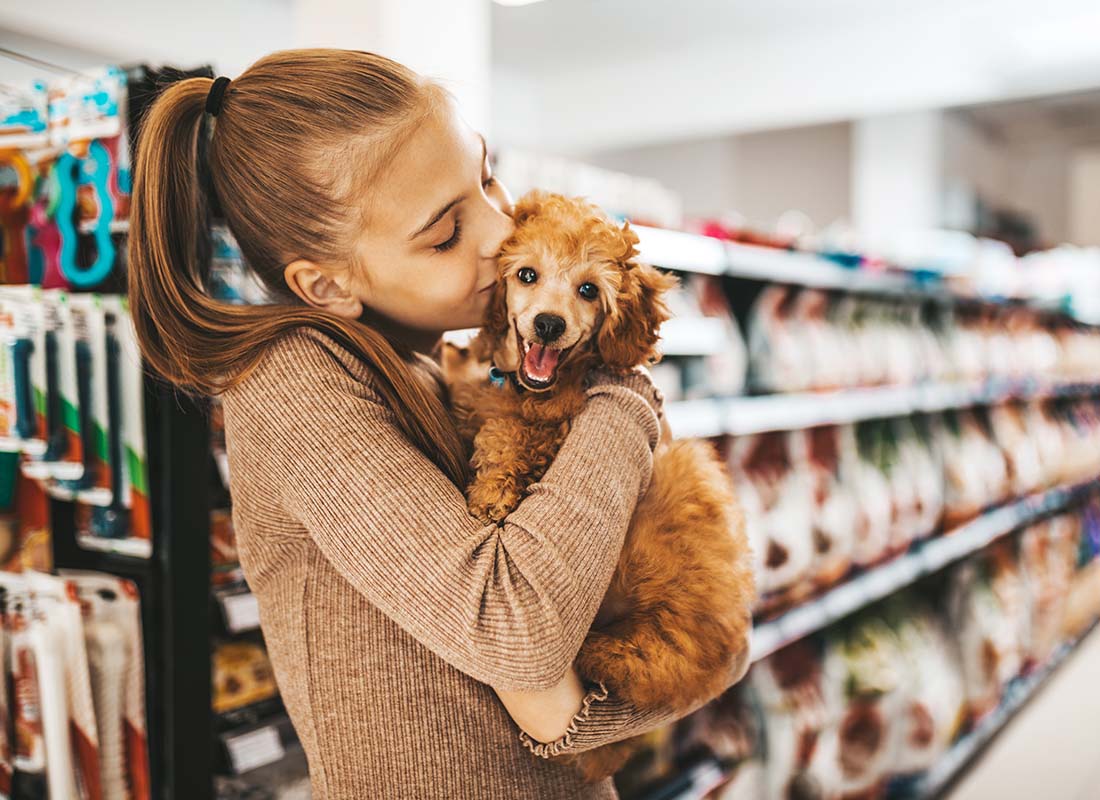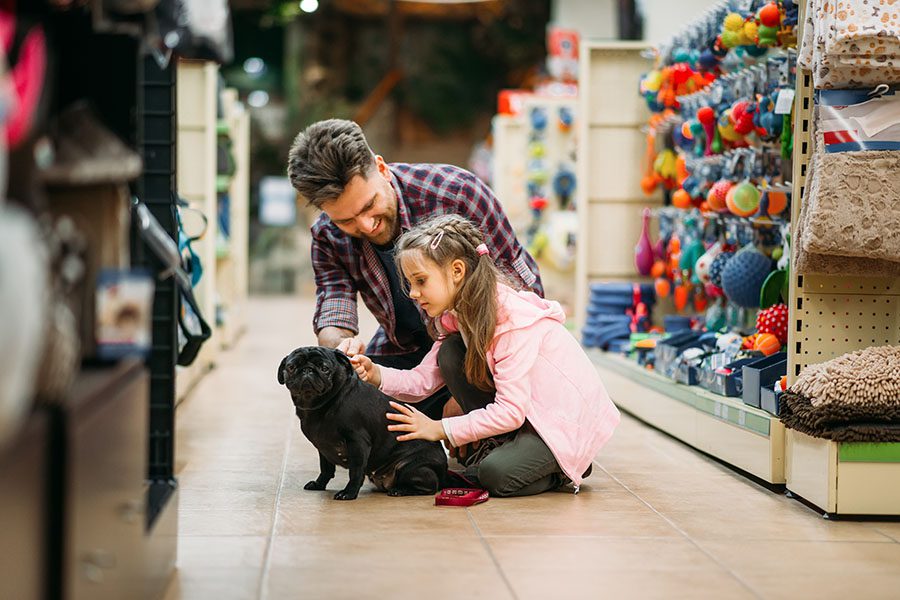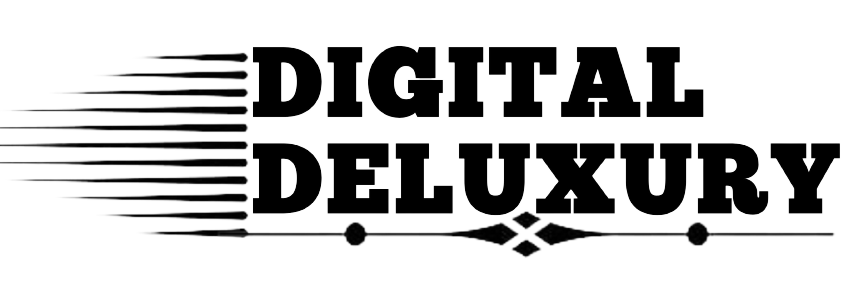Pet shop insurance provides coverage for risks specific to businesses selling pets and pet-related products. Protect your investment today.
Running a pet shop can be a rewarding venture, but it also comes with unique risks. From accidents involving animals to property damage, having the right insurance coverage is essential. Pet shop insurance offers protection against liabilities, such as customer injuries on your premises or the loss of valuable inventory due to unforeseen events.
By investing in pet shop insurance, you can safeguard your business and have peace of mind knowing that you are covered in case of any unexpected incidents. In this blog post, we will explore the importance of pet shop insurance and how it can benefit your business in the long run.
Introduction To Pet Shop Insurance
Pet Shop Insurance is a specialized insurance policy that offers coverage to pet shop businesses. It includes protection against liability claims, property damage, and loss of inventory. With pet ownership on the rise, pet shop owners need to ensure their business is protected with a reliable insurance policy.
As a pet shop owner, ensuring the safety and well-being of the animals in your care is of utmost importance. However, running a pet shop also comes with its fair share of risks and uncertainties. That’s where pet shop insurance comes into play. It provides coverage and protection against potential liabilities and unforeseen events that can impact your business. In this article, we’ll explore why pet shop insurance is crucial and the different types of coverage available.
Why It’s Crucial
Running a pet shop involves numerous responsibilities and potential risks. From accidents and injuries to loss or theft of animals, there are various scenarios that could occur and have a significant impact on your business. Pet shop insurance offers financial protection and peace of mind, ensuring that you are prepared for the unexpected. Here are some reasons why pet shop insurance is crucial:
- Liability Coverage: Pet shop insurance typically includes liability coverage, which protects you in case someone is injured on your premises or if an animal causes harm to others.
- Animal Care: Pet shop insurance can cover veterinary expenses for animals in your care, ensuring they receive the necessary medical attention when needed.
- Property Protection: Your pet shop likely contains valuable equipment, inventory, and supplies. Insurance can help cover the cost of replacing or repairing these items in the event of damage or theft.
- Legal Expenses: In the unfortunate event of a lawsuit or legal dispute, pet shop insurance can help cover the associated legal costs, including attorney fees and court expenses.
Types Of Coverage
Pet shop insurance policies offer a range of coverage options to meet the specific needs of your business. Here are some common types of coverage you can consider:
| Coverage Type | Description |
|---|---|
| General Liability Insurance | Protection against third-party bodily injury, property damage claims, or lawsuits. |
| Professional Liability Insurance | Coverage for claims related to professional services, such as pet grooming or training. |
| Property Insurance | Protection for your building, equipment, inventory, and other property against damage or loss. |
| Business Interruption Insurance | Compensation for lost income and ongoing expenses if your pet shop is temporarily unable to operate due to a covered event. |
| Commercial Auto Insurance | Coverage for vehicles used for business purposes, such as pet transportation or delivery. |
It’s essential to assess your unique requirements and consult with an insurance professional to determine the most suitable coverage for your pet shop.
Identifying Risks In The Pet Shop Business
When it comes to running a pet shop, it’s essential to be aware of the potential risks involved in this business. Identifying these risks is crucial for the overall safety and success of the operation. By understanding the common hazards and learning from real-life case studies, pet shop owners can take proactive steps to mitigate these risks and protect their business, staff, and customers.
Common Hazards
Pet shop owners face various common hazards that can pose significant risks to their business. These hazards include slip and fall accidents due to spills or wet floors, animal bites and scratches, and allergic reactions among staff and customers. Additionally, the storage and handling of pet food and supplies can lead to fire hazards and property damage. It’s essential for pet shop owners to be aware of these common risks and take measures to prevent them.
Case Studies
Learning from real-life case studies can provide valuable insights into the potential risks faced by pet shop owners. For example, a pet shop that experienced a slip and fall accident resulting in a customer injury could have implemented better floor maintenance protocols to prevent such incidents. Another case study might involve a pet shop that faced property damage due to improper storage of flammable materials. By examining these case studies, pet shop owners can proactively address potential risks within their own business.
Key Insurance Policies For Pet Shops
Running a pet shop comes with its own set of risks and challenges. From potential liability claims to property damage, it is important for pet shop owners to have the right insurance coverage in place. In this article, we will discuss the key insurance policies that pet shops should consider to protect their business and provide peace of mind.
Liability Insurance
Liability insurance is an essential policy for any pet shop owner. It provides coverage for bodily injury or property damage that occurs on the premises of the pet shop or as a result of the products or services offered. With animals present in the shop, there is always a risk of accidents or injuries. Liability insurance helps protect the business from potential legal claims and the associated financial burden.
Some important points to consider regarding liability insurance for pet shops:
- Bodily injury coverage: This includes injuries caused by animals, slips and falls, or accidents involving pet shop equipment.
- Property damage coverage: This covers damage to third-party property caused by the pet shop’s operations or products.
- Legal defense costs: Liability insurance also covers the costs of legal representation and defense in case of a lawsuit.
Property Insurance
Property insurance is crucial for pet shops as it protects the physical assets of the business. This includes the building itself, inventory, equipment, and other contents. In the event of a fire, theft, or natural disaster, property insurance provides financial protection to repair or replace damaged items.
Here are some key features of property insurance for pet shops:
- Building coverage: This includes the physical structure of the pet shop and any attached structures.
- Contents coverage: This covers the inventory, supplies, equipment, and other items within the pet shop.
- Business interruption coverage: In case of a covered event that forces the pet shop to temporarily close, business interruption coverage provides financial compensation for lost income and ongoing expenses.
Workers’ Compensation
Workers’ compensation insurance is mandatory in most states for businesses that have employees. It provides coverage for medical expenses, lost wages, and rehabilitation costs if an employee is injured or becomes ill while on the job. In a pet shop, employees may be exposed to various risks, such as bites, scratches, or lifting heavy objects, making workers’ compensation insurance essential.
Here are a few important aspects of workers’ compensation insurance for pet shops:
- Medical expenses coverage: This includes the costs of medical treatment, hospitalization, and rehabilitation for injured employees.
- Lost wages coverage: Workers’ compensation provides a portion of lost wages to employees who are unable to work due to a work-related injury or illness.
- Death benefits: In the unfortunate event of a work-related fatality, workers’ compensation provides financial support to the employee’s dependents.

Credit: lakeside-insurance.com
Understanding Premiums And Deductibles
Premiums and deductibles are crucial components of pet shop insurance. Premiums are the amount you pay to your insurance provider while deductibles are the amount you pay out of pocket before your insurance kicks in. Understanding these terms can help you make informed decisions when selecting insurance coverage for your pet shop.
How Premiums Are Calculated
Premiums are determined based on factors such as the type of coverage, location, and claim history.
Factors like the size of the pet shop, number of employees, and coverage limits also influence premiums.
Insurance companies use complex algorithms to assess risk and calculate premiums for pet shop owners.
Choosing The Right Deductible
When selecting a deductible, consider your financial situation and risk tolerance.
A higher deductible typically results in lower premiums but requires you to pay more out of pocket in case of a claim.
Conversely, a lower deductible means higher premiums but less financial burden when filing a claim.
Additional Coverage Options
Explore additional coverage options for your pet shop insurance to safeguard your business against unforeseen risks and liabilities. Tailor your policy to include protection for equipment damage, inventory loss, or employee injuries, ensuring comprehensive coverage for your pet shop operations.
As a pet shop owner, you know that accidents can happen at any time. From a customer slipping on a wet floor to an animal getting sick, there are many risks that come with running a pet shop. This is why having pet shop insurance is so important. While general liability insurance is a must-have, there are additional coverage options that can provide even more protection. In this post, we will discuss three important additional coverage options: Business Interruption Insurance, Goods in Transit, and Animal Bailee Coverage.Business Interruption Insurance
Business Interruption Insurance is a type of insurance that covers your pet shop in the event of a disaster or unexpected event that causes your business to shut down temporarily. This could include a fire, flood, or other natural disaster. With Business Interruption Insurance, you can receive financial compensation for lost income, ongoing expenses, and other costs associated with the interruption. This coverage is especially important for small business owners who may not have the financial resources to weather a sudden interruption.Goods In Transit
If you transport animals or pet supplies, Goods in Transit insurance is a must-have. This type of insurance covers your products while they are in transit, protecting you from financial loss if something happens to your goods during transportation. This coverage is especially important if you transport animals, as they can be more susceptible to stress and illness during transit.Animal Bailee Coverage
Animal Bailee Coverage is a type of insurance that covers your pet shop in the event that an animal in your care is injured, stolen, or dies while under your supervision. This coverage is especially important for pet shops that offer grooming, boarding, or other animal care services. With Animal Bailee Coverage, you can be sure that you are protected from financial loss if something happens to an animal in your care. In conclusion, having pet shop insurance is essential for protecting your business from unexpected events. While general liability insurance is a must-have, additional coverage options like Business Interruption Insurance, Goods in Transit, and Animal Bailee Coverage can provide even more protection. Make sure to speak with an experienced insurance agent to determine the best coverage options for your pet shop.
Credit: petbizinsurance.com
Navigating Claims And Disputes
Navigating claims and disputes is essential for pet shop owners seeking insurance. With a focus on pet shop insurance, this blog post provides valuable insights and guidance to help you navigate the complexities of claims and disputes, ensuring the protection of your business and peace of mind.
Navigating Claims and Disputes can be a daunting task, especially when it comes to Pet Shop Insurance. Filing a claim, resolving disputes, and taking prevention measures are crucial to ensure that you and your pet store are protected in case of unexpected events. In this blog post, we will discuss each of these topics in detail, providing you with the necessary information to navigate claims and disputes with ease.Filing A Claim
Filing a claim is the first step in getting compensated for any losses or damages that may have occurred. To file a claim, you need to provide your insurance company with all the necessary information related to the incident. This includes the date and time of the event, the nature of the incident, and any witnesses or evidence that may support your claim. Here are some tips to keep in mind when filing a claim:- Report the incident as soon as possible
- Provide accurate and detailed information
- Be honest and transparent
- Work with your insurance company to provide any additional information they may need
Resolving Disputes
Disputes can arise when there is a disagreement between you and your insurance company regarding the claim or the coverage provided. It is important to resolve these disputes as soon as possible to avoid any delays or complications in the claims process. Here are some steps you can take to resolve disputes:- Review your policy to ensure that you understand your coverage and your rights
- Contact your insurance company to discuss the dispute
- Document all conversations and correspondence with your insurance company
- Consider hiring an attorney or mediator to help resolve the dispute
Prevention Tips
Prevention is always better than cure, and this holds true for Pet Shop Insurance as well. Taking preventive measures can help you avoid accidents and incidents that may lead to claims or disputes. Here are some prevention tips to keep in mind:- Train your employees on safety protocols and procedures
- Maintain a clean and organized store to avoid accidents
- Regularly inspect your property and equipment to ensure they are in good working condition
- Provide proper care and supervision to your animals to avoid any incidents
Selecting The Right Insurance Provider
When it comes to safeguarding your pet shop, selecting the right insurance provider is crucial. You need a reliable partner that understands the unique risks associated with your business and can offer comprehensive coverage tailored to your specific needs. Here are some essential factors to consider when choosing an insurance provider for your pet shop.
Criteria For Selection
Before diving into the process of selecting an insurance provider, it’s important to establish the criteria that matter most to your pet shop. Consider factors such as coverage options, claim processing efficiency, customer service responsiveness, and the provider’s reputation within the pet industry. Coverage options should include protection for your inventory, liability coverage, and business interruption insurance.
Comparing Quotes
Once you’ve identified your criteria, it’s time to start gathering quotes from different insurance providers. Comparing quotes is crucial in determining which provider offers the most comprehensive coverage at a competitive price. Obtain quotes from at least three different providers to ensure you have a good understanding of the market rates and coverage options available to you.
Reading Reviews
Reading reviews and testimonials from other pet shop owners can provide valuable insight into the experiences of working with a particular insurance provider. Look for reviews that highlight the provider’s responsiveness in handling claims, the ease of the application process, and the overall satisfaction of their clients. Pay attention to any recurring themes or concerns mentioned in the reviews, as they can serve as indicators of the provider’s reliability and service quality.
Maintaining Your Insurance Policy
When it comes to protecting your pet shop business, maintaining your insurance policy is crucial. By regularly reviewing and updating your coverage, managing costs, and ensuring compliance with regulations, you can safeguard your business against unexpected challenges.
Regular Reviews And Updates
Regular reviews of your pet shop insurance policy are essential to ensure that it aligns with the evolving needs of your business. Updating your policy as your business grows or changes is vital to avoid gaps in coverage.
Managing Costs
Managing costs is an integral part of maintaining your insurance policy. By evaluating different coverage options and working with your insurance provider to find cost-effective solutions, you can protect your business without overspending.
Compliance And Regulations
Staying informed about compliance and regulations is crucial for maintaining your pet shop insurance policy. Adhering to industry standards and legal requirements helps ensure that your coverage remains valid and effective.

Credit: www.prudentplus.com
Frequently Asked Questions
What Is The Average Cost Of Pet Insurance In Texas?
The average cost of pet insurance in Texas is around $30 to $50 per month. Factors such as the pet’s age, breed, and coverage level can impact the cost. Comparing quotes from different providers can help you find the best option for your pet.
Can You Get Pet Liability Insurance?
Yes, you can get pet liability insurance. It provides coverage in case your pet causes injury or property damage. It’s important to have this insurance to protect yourself financially from any potential legal claims.
How Does It Work With Pet Insurance?
Pet insurance works by providing coverage for veterinary expenses, including illness, accidents, and routine care. You pay a monthly premium and may be reimbursed for eligible expenses after meeting deductibles and fulfilling policy requirements. It offers financial protection and peace of mind for your pet’s healthcare needs.
What Is Pet Shop Business?
A pet shop business sells pet-related products and services like food, toys, and grooming supplies.
Conclusion
In protecting your pet shop, insurance is essential for safeguarding against unforeseen risks. Securing the right coverage can provide peace of mind and financial stability. Research, compare policies, and choose wisely to ensure your business is adequately protected. Trust in reliable insurance to shield your pet shop from potential challenges.
